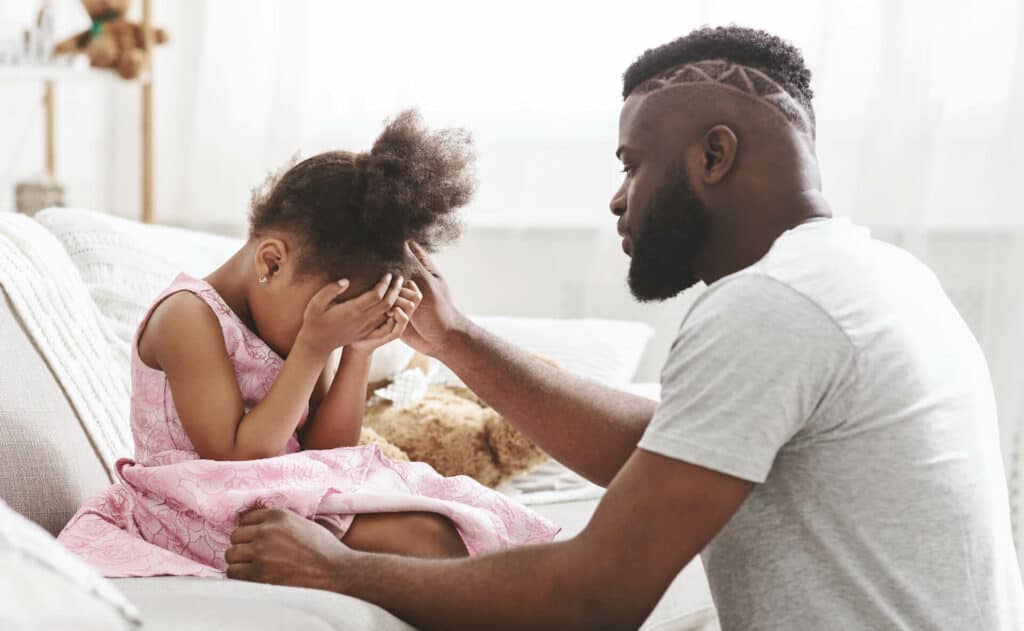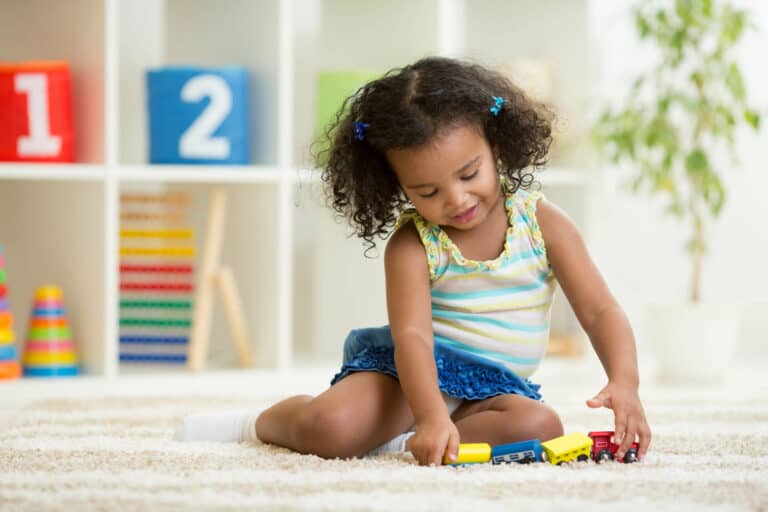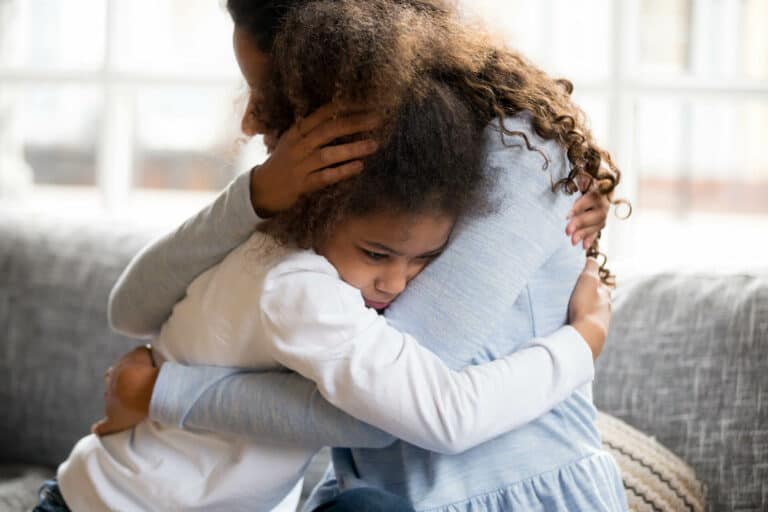The parent-child relationship is potentially the most important part of a child’s development. If a child is struggling with mental health, then the parent-child relationship becomes paramount to the child’s long-term progress. At Kids Thrive we develop an environment that fosters that relationship.
All Families are Not Alike
We know that every child and every parent is unique. You face many different situations and challenges every day. We don’t take a one-size-fits-all approach or think of this as a set of strict parenting rules that must be followed. We hope to give you new ideas for parenting so you can make the best decisions about what can work for your child and family.
Communicating with Your Child
Good communication between you and your child is important for developing a positive relationship and will make it easier for you to talk about difficult topics as they get older. One of the most challenging tasks to learn is how to respond to behavior. Learn more about using praise, engaging in play, and participating in active listening to build strong communication with your child.
Responding To Behavior (Different Types of Attention)
Attention from you and other caregivers is important to your child. In fact, toddlers and preschoolers demand A LOT of adult attention. Attention can be both positive and negative.
Positive Attention
Positive attention is used to show your child he has done something you like. Positive attention includes things like:
- Praise
- Pats on the back
- High-fives
Negative Attention
Negative attention lets your child know you do not like what he has done. Negative attention includes things like
- Scolding
- Correcting
- Yelling
There are two key things to remember about attention:
- Any attention (positive or negative) your child receives right after his behavior increases the chance that the behavior will happen again.
- Negative attention becomes a problem when we use it MORE than positive attention.
How We Handle Parent Engagement In Treatment
- A communication folder will be sent home daily to provide open communication with the parent and/or other caretakers (childcare providers, etc.)
- Parents will be contacted either in person or via phone call at a minimum of one time per week.
- Monthly meetings will occur with the family and treatment team to monitor progress and ensure the trajectory toward discharge
- Family therapy sessions will be provided (as appropriate and applicable)
- A family newsletter will be sent home monthly which will include program topics, activities, and parenting tips



